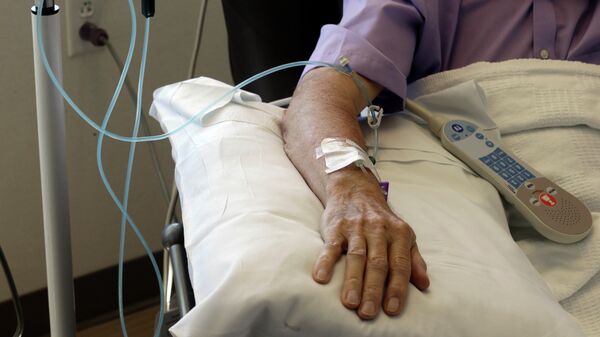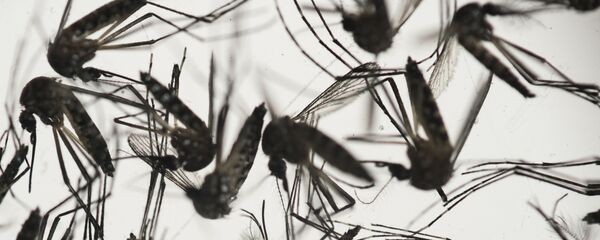The analysis states that it costs, on average, $648 million to develop a new cancer drug. That's way less than the number tossed around by the pharmaceutical industry: $2.7 billion in 2017 dollars. The $2.7 billion commonly quoted figure comes from a 2016 study by Tufts University that analyzed 100 drugs. However, the pharmaceutical-funded study did not specifically look at cancer medications and did not reveal what drugs were actually studied.
To reach the conclusion that cancer medications cost far less to develop than industry-backed research, oncologists Vinay Prasad from Oregon Health and Science University and Sham Mailankody from the Memorial Sloan Kettering Cancer, studied the US Securities and Exchange Commission filings for 10 cancer medications.
The researchers evaluated drugs that had a median research and development time of 7.3 years. These drugs resulted in a staggering $67 billion in revenue for the companies after an average of four years of sales, with the research and development spending only costing a fraction of the cost, $7.2 billion.
"I think these results would suggest that pharmaceutical drug development is extremely lucrative and the current drug prices are not necessarily justified by the research and development spending on these drugs," Mailankody said.
"The amount of money drug companies are skimming off the top is substantial," Prasad also added.
"The costs of these drugs are, in many cases, crippling to patients. And the cost is not justified by research and development spending," Prasad pointed out.
Dr. Aaron Kesselheim, Director of the Program on Regulation, Therapeutics and the Law at Brigham and Women's Hospital, also agreed, saying that, "It seems like they have done a thoughtful and rigorous job. It provides at least something of a reality check."
However, the researchers are being criticized for only analyzing a small sample of drug companies.
"It's a bit like saying it's a good business to go out and buy winning lottery tickets," a spokesman for the Biotechnology Innovation Organization, Daniel Seaton, told The New York Times.
"The small handful of successful drugs — those looked at by this paper — must be profitable enough to finance all of the many failures this analysis leaves unexamined," Seaton said, adding that 95 percent of cancer drugs that undergo clinical trials are unsuccessful.
Joseph DiMasi, the director of economic analysis at the Tufts Center for the Study of Drug Development, disagrees with the study's findings as well, reported NPR.
"They're not including companies that have had only cancer drug failures, or had a high percentage of their cancer drugs fail," DeMasi said.
The Pharmaceutical Research and Manufacturers of America (PhRMA) also weighed in on the matter in an email to NPR writing, "Ignoring the research and development costs from the many companies that have not received a US Food and Drug Administration approval indicates a lack of understanding of the risk companies' face at the outset of an uncertain project, and the role of economic incentives in ensuring investment despite steep odds."
"The risk inherent in research and development is the key reason why 90 percent of publicly traded biopharmaceutical companies in 2014 did not make a profit," the statement added.





